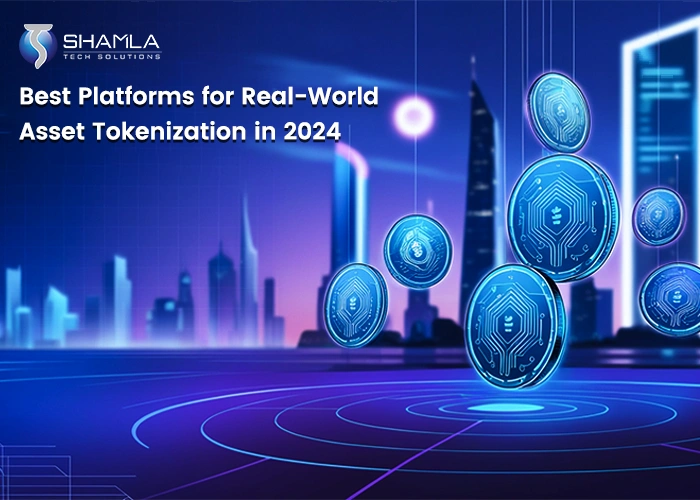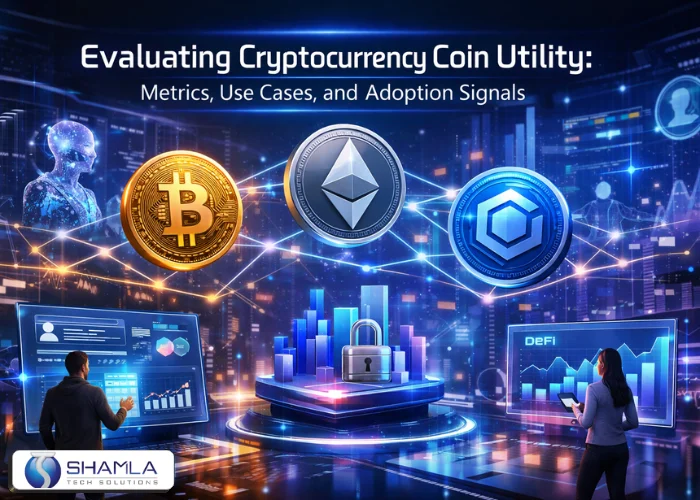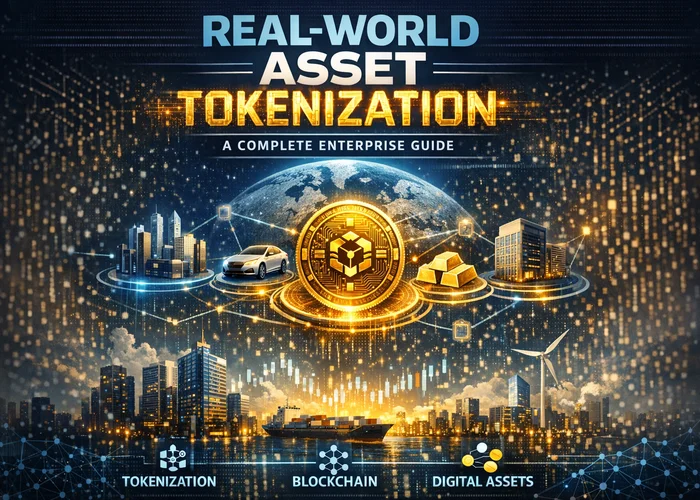The company also offers services in DeFi, smart contract development, and wallet integration. With a global client base and a team of skilled developers, Shamla Tech delivers innovative and scalable solutions tailored to meet diverse industry needs. Their commitment to quality and cutting-edge technology positions them as a trusted partner in blockchain transformation.
Polymath focuses on making the process of issuing security tokens more efficient. Their platform has an easy-to-use interface and pre-made templates that make it easier for businesses to make security keys that are compliant. Because of this focus on accessibility, a larger network of partners has grown, including law firms, financial banks, and tech companies. Polymath’s platform has helped tokenize assets worth more than $100 million so far, showing how much of an effect it has on the industry.
Tokensoft caters specifically to the needs of businesses seeking to issue digital securities. Their user-friendly and scalable platform empowers businesses to create and manage security tokens efficiently. Tokensoft’s commitment to accessibility is evident in its work with major companies.
For instance, they partnered with retail giant Overstock.com in 2020 to facilitate the issuance of their digital security offering. This collaboration showcased the potential of tokenization for established businesses to raise capital in innovative ways. More recently, Tokensoft collaborated with cryptocurrency exchange Bitfinex in 2024 to launch a security token offering for LEO, Bitfinex’s native token.
Securitize pioneers tokenization to democratize alternative investments. The platform delivers blockchain-recorded digital asset instruments that reflect equity or debt for greater accessibility.
This revolutionary technology certifies ownership at any time. Securitize accepts a variety of assets, including private firm shares, and smart contracts speed up trade settlement.
Securrency tokenizes financial assets for institutional investors. Institutional investors want high security and regulatory compliance, which their platform meets. Securrency is trusted by large financial organizations due to this focus. In 2024, Securrency and BNY Mellon tokenized a money market fund.
This collaboration highlights established financial organizations’ rising interest in tokenization to improve asset management. More than $100 million in tokenized assets show that Securrency can bridge the gap between traditional finance and digital assets.
Global reach is ADDX’s benefit. The platform lets global investors invest in alternative assets formerly reserved for a few.
tZERO pioneered digital securities. A leading blockchain-based platform, tZERO, was founded in 2014 to digitize and streamline securities issuing trading, and settlement in traditional capital markets. tZERO’s revolutionary strategy is changing investor-company interactions, increasing liquidity and efficiency.
Distributed ledger technology makes tZERO a secure and transparent platform for digital securities issuance and trading.
Tokeny is a blockchain-centric platform for compliant digital asset issuance, transfer, and oversight. It automates compliance, governs digital securities, and improves transferability with enterprise-grade infrastructure. Tokeny digitises securities on scalable blockchain technology for secure and efficient asset management.
Verta platform addresses security token issuers’ worries about scalability and regulatory compliance. Major companies have chosen Verta’s platform due to its robust infrastructure. In 2024, Verta and Nasdaq collaborated to streamline security token issuance and trading on Nasdaq’s stock exchange.
This agreement is a crucial step toward tokenized asset integration into financial markets. Verta’s excellent client list includes Fidelity Investments, demonstrating its ability to serve prominent financial firms. Verta builds confidence and accelerates digital securities adoption by prioritizing scalability and compliance.
The platform should prioritize security to protect both the digital and physical aspects of tokenized assets. This includes features like end-to-end encryption, multi-signature wallets, and secure smart contracts. Additionally, compliance with regulatory standards is essential to ensure legal acceptance in different jurisdictions, reducing risks for asset owners and investors.
The platform should support multiple blockchain networks, such as Ethereum or Binance Smart Chain, to provide flexibility and efficiency in tokenization of real world assets. Scalability is also crucial to handle high transaction volumes without compromising speed or security, making it ideal for larger projects.
An intuitive interface is essential for both asset owners and investors. The platform should simplify complex processes, making it easy to tokenize, trade, and manage assets. This ensures a seamless experience, even for users with limited technical expertise.
Smart contracts automate key operations such as ownership transfer, dividend distribution, and compliance checks. Look for platforms with robust smart contract capabilities to enhance efficiency and reduce manual intervention.
Tokenization enables fractional ownership, allowing multiple investors to own a portion of high-value assets. Platforms that support this feature make assets more accessible and diversify investment opportunities.
Top platforms in this space prioritize security, ensuring that tokenized assets are protected through robust encryption and smart contract functionality. They also provide seamless compliance with regulatory frameworks, which is essential for legal and secure transactions across global markets. Additionally, these platforms offer multi-blockchain compatibility, allowing users to choose networks like Ethereum or Binance Smart Chain for optimized performance.
Regulatory changes are also shaping the future of tokenization of real world assets. Governments and financial institutions are recognizing the potential of this technology and are implementing frameworks to ensure compliance and security. This shift is expected to boost investor confidence and encourage wider adoption of tokenization platforms.
The future outlook for tokenized assets is promising across various industries. In real estate, tokenization allows fractional ownership, making high-value properties accessible to a broader audience. The art and collectibles market benefits from increased liquidity, while commodities like gold and oil see improved trade efficiency.
Identify your primary objectives. Are you aiming to enhance liquidity, expand investor reach, or streamline operations? Different platforms offer unique features, from fractional ownership to integrated marketplaces for trading tokenized assets. Choose a platform that aligns with your goals to ensure seamless operations and future scaleability.








